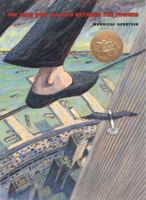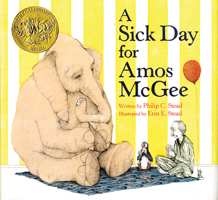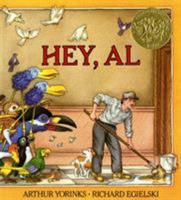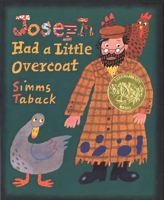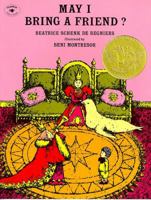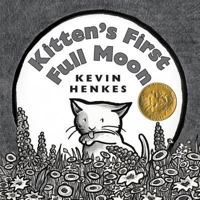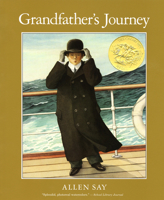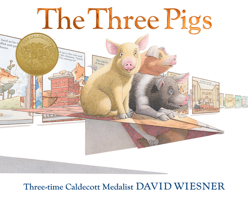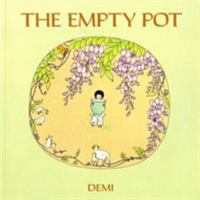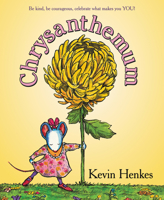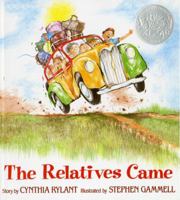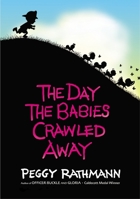The Pink Maple House
Select Format
Select Condition 
You Might Also Enjoy
Book Overview
2013 Reprint of 1950 Edition. Full facsimile of the original edition, not reproduced with Optical Recognition Software. Polly wasn't sure she wanted to move to the new house for she suddenly realized that she and her best friend, Jenny, would not be going to the same school. They would no longer share the same seat. They wouldn't be walking home together. How sad life would be However, Polly found that life in the Pink Maple House was anything but sad. The fun of Jenny's visits more than made up for the daily separation. There were so many new and pleasant experiences to share. "The Pink Maple House" is the story of the childhood of almost any little girl who grows up in the country. The author has caught the feelings, the foolishness, and the anguishes of little girls. Such incidents as the attic adventure, the doll scrapbook, the playing at 'Indians' in the barn, the school experiences, the baking of cookies and wrapping of Christmas presents, etc., are not only amusing and interesting, buy heartwarming, satisfying and comforting. "The Pink Maple House" is somewhat reminiscent of "Little Women" in that it is a family story in which the characters are kindly, natural and sympathetic. The story moves right along for the incidents are believable and the details are those about which little girls especially, enjoy reading. Extremely rare in the original edition and much sought after. This description may be from another edition of this product.
Format:Paperback
Language:English
ISBN:1614274436
ISBN13:9781614274438
Release Date:July 2013
Publisher:Martino Fine Books
Length:292 Pages
Weight:1.45 lbs.
Dimensions:0.7" x 6.0" x 9.0"
More by Peggy Rathmann
Customer Reviews
3 customer ratings | 2 reviews
There are currently no reviews. Be the first to review this work.













